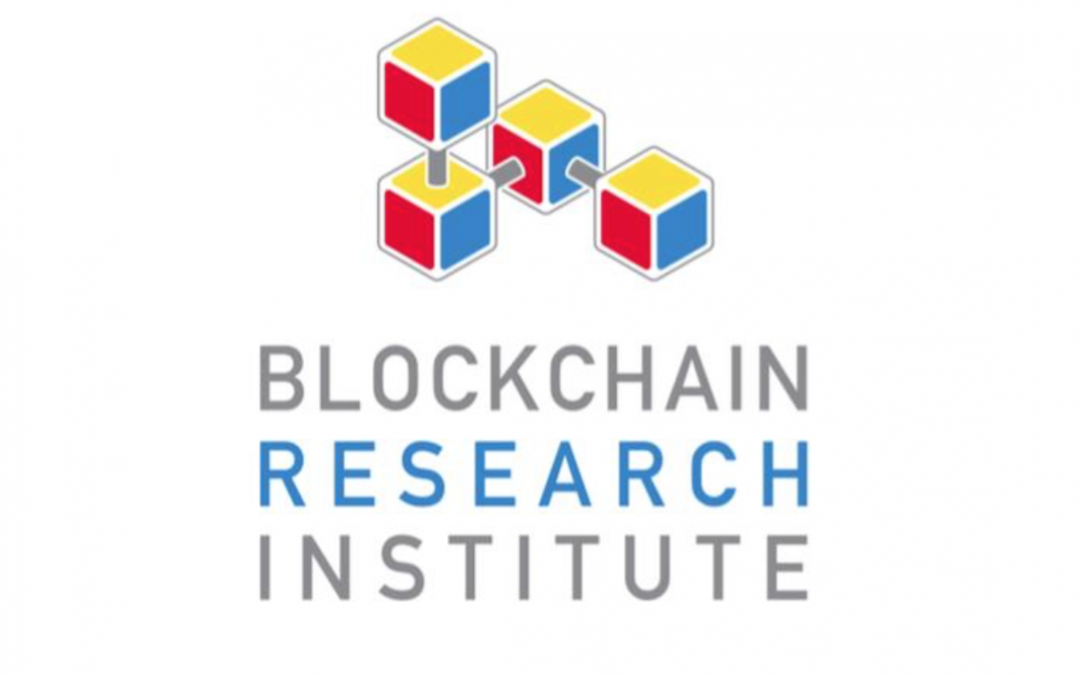A Toronto-based research initiative, the Blockchain Research Institute (BRI) was launched this week at the Blockchain Summit in DC. A multi-stakeholder partnership with government bodies, including the Canadian government and private sector companies, the organization will focus on collaborative innovation. The BRI will explore applications for the emerging technology and to bring together the top minds in public and private sector research to build blockchain-based economies around the world.
Like the 1990s, when defense and research agencies built the internet, the new group is hoping to engage researchers and companies. By setting aside their organizational biases and personal interests, the opportunity will be to develop the best possible models to go forward building a blockchain-based economy. Blockchain is a decentralized system of transaction processing that trusts the power of crowd collaboration to verify transactions on a decentralized online ledger.
Don Tapscott, co-author of the bestselling book Blockchain Revolution and chairman of GSN, announced the new initiative at the DC Blockchain Summit hosted by the Chamber of Digital Commerce. So far, the BRI has been funded by companies and governments from several countries. The institute has raised $2 million, Tapscott said. He expects that number will soon rise to $5 million and will be drawn from a joint public-private partnership involving governments and some of the world’s biggest corporations, as well as new blockchain startups.
- financial services
- retail and consumer goods
- media and rights ownership
- technology and IoT
- healthcare
- government and democracy
- manufacturing
- energy and power distribution.
There are two dozen entities listed as Founding Members of the BRI, including Accenture, Cosmos, Digital Asset Holdings, IBM, SAP, NASDAQ, PepsiCo, Centrica, Liberty Global, the Government of Ontario, and University Health Network. Blockchain pioneers Nuco, Paycase, Artlery, Votem, Coscos, YouBase and WISeKey are also involved, and the initial list is expected to grow to include Governments, companies and organizations from around the world.
Also engaged in the undertaking will be several multi-stakeholder enterprises in an attempt to make sure the group is working towards collaborative and execution-based projects, with a focus on real-world use cases that businesses actually want and need. Some of those affiliate organizations are The Chamber of Digital Commerce, Enterprise Ethereum Alliance, and Hyperledger.
Members want to incubate innovation in both government and the private sector, and will avoid duplicating projects or solutions that are currently being worked on or are already known within the community. Fostering creative development in an already inventive ecosystem is bound to yield some revolutionary achievements.
The Blockchain Research Institute’s main goal is to enable a research platform that will allow public and private sector researchers from around the world to pool their resources and work together on the best ways to go forward in building blockchain-based model economies.
The initial program will begin in the next few months of 2017, and will wrap up by the end of the year. A Program Summit for institute members will be held in the spring of 2018.


